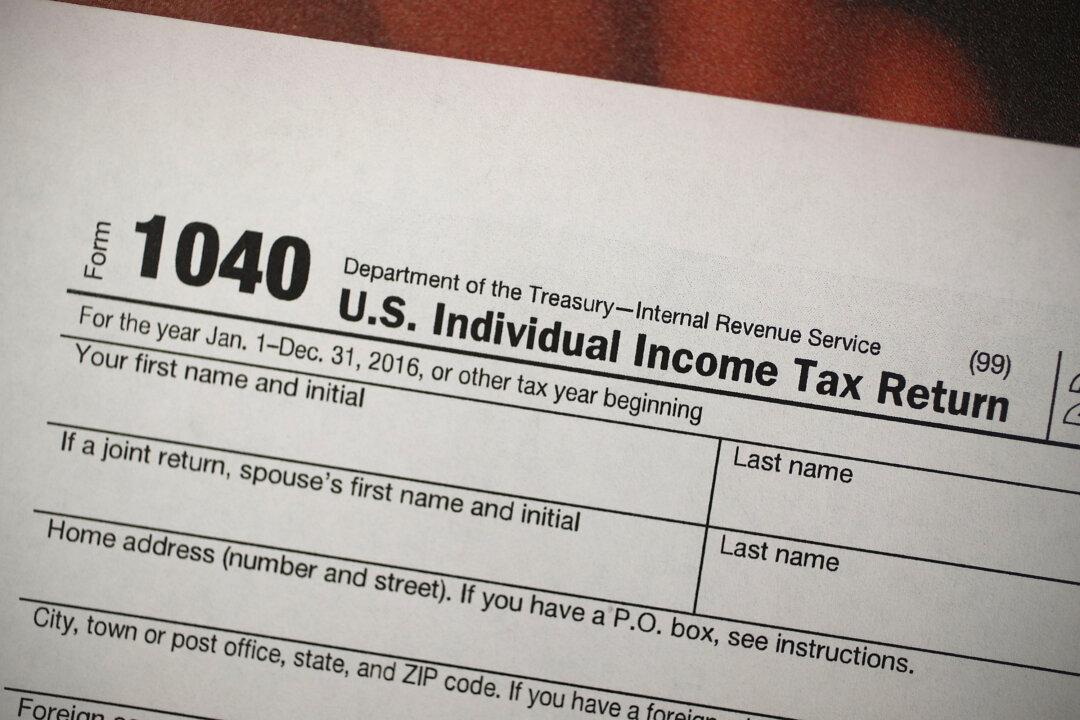The former Treasury secretary under the Reagan administration warned that Americans should remain “skeptical” about Internal Revenue Service (IRS) proposals, including a pilot program that would allow taxpayers to file their taxes directly with the federal agency, rather than using a service like TurboTax or H&R Block.
“The effort would trust bureaucrats to become America’s tax preparers and filers. Rather than easing Americans’ headaches over filing their taxes, this new government-run method would only worsen their filing woes,” former Treasury Secretary Bay Buchanan wrote in an opinion article. “Without knowing the details of the Direct File proposal, taxpayers should be skeptical given how the IRS and Treasury Department started the initiative without having the proper authority from their elected representatives.”





